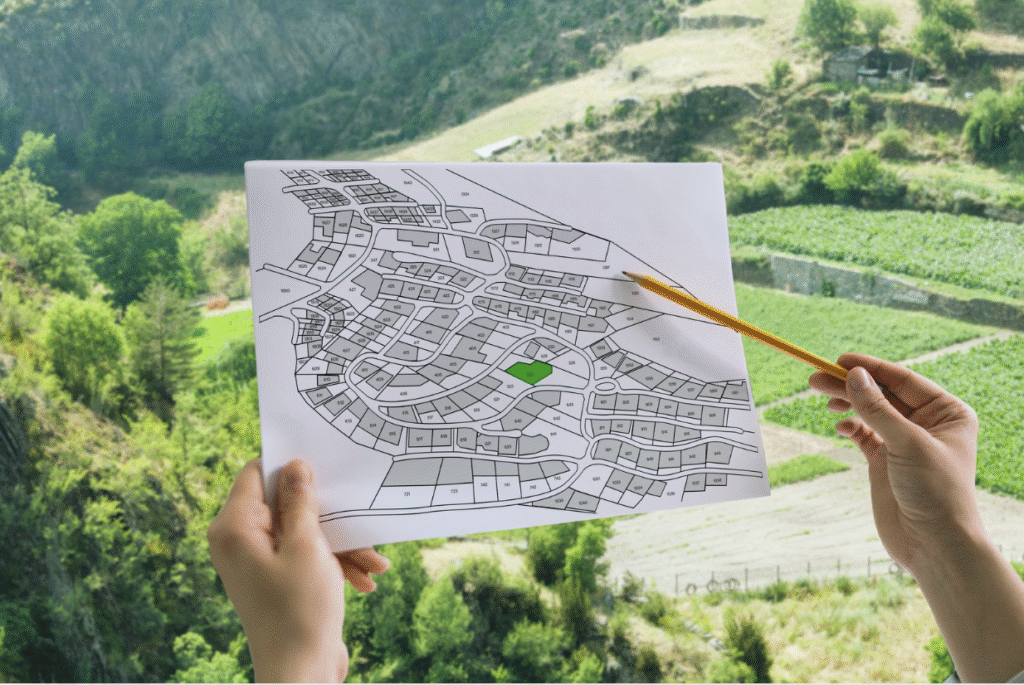
I am a licensed real estate broker and a land-use lawyer. In real estate, we often talk about land in terms of ownership who holds the title, who builds on it, who bought low and sold high.
But through the years, especially as I’ve worked closely in agriculture, I’ve realized something deeper: land use is far more powerful than ownership. Titles and rights may say who “owns” the land, but the way land is used shapes lives. Once a decision is made where to build, what to preserve, what to reclassify, the effects ripple for generations. It determines how and where we live, what food ends up on our tables, even our safety in the face of disasters.
I’ve seen this up close. Because of work, I’ve traveled all over the country. And at home in Quezon City, I live near a flood-prone area. It has become ordinary for us to hear sirens warning that the floodwaters are rising. We no longer measure rainy days only in inches of rainfall. We measure them in feet of flood. That shift says so much about how land has been used and misused around us.
The truth is, flooding isn’t always just a “natural disaster.” Often, it’s the result of human choices. Choices to build infrastructure that blocks natural water flow. Choices to reclaim riverbeds and shorelines without long-term foresight. Choices to pile trash into landfills without thinking where it will eventually go. Choices to convert agricultural land into commercial spaces that look profitable now, but rob us of food and safety later. Flooding is a reminder of how poor land-use decisions eventually come back to us.
I know that “land-use planning” sounds technical and boring, something for government offices or lawyers. But it’s not. It touches us all. In a country made up of islands like ours, zoning and land-use laws are not abstract, they determine whether your street floods, whether your food supply is secure, and whether your community is safe. That’s why we cannot leave these decisions to chance, or worse, to politics. We’ve seen how zoning ordinances get hijacked by business interests, or how environmental reviews are ignored. For me, land is never just real estate. It is both a responsibility and a legacy. My commitment, as a lawyer and as an entrepreneur, is to keep reminding people of this truth: when we take care of the land, the land takes care of us.